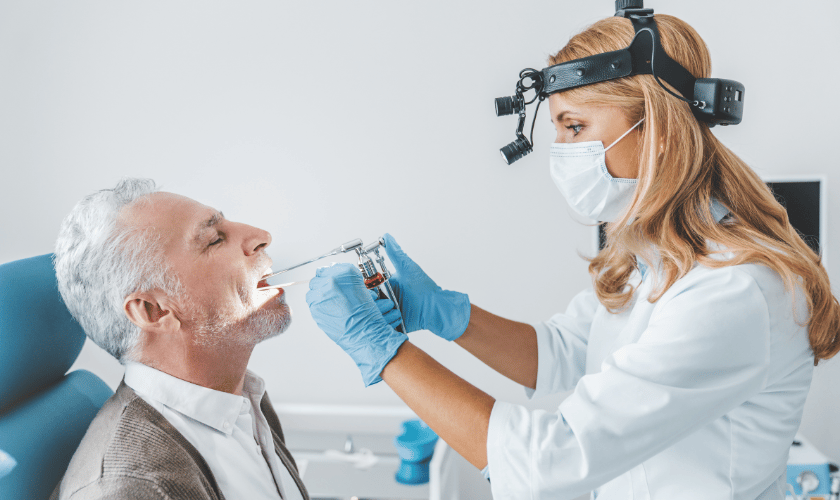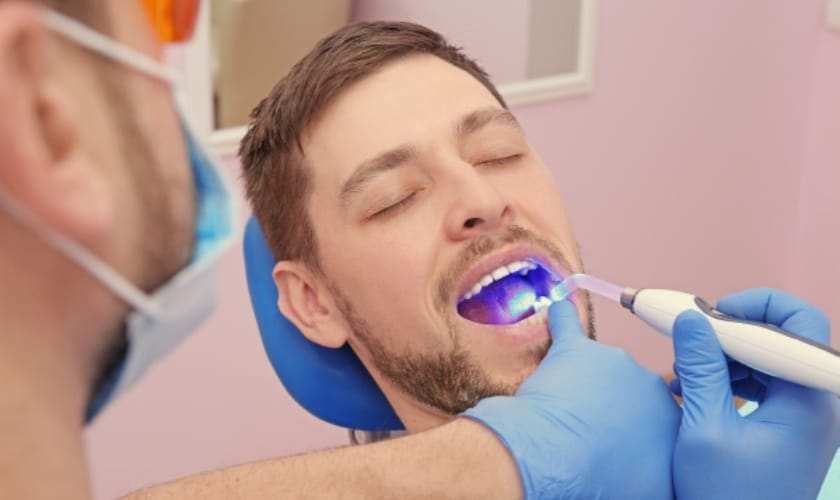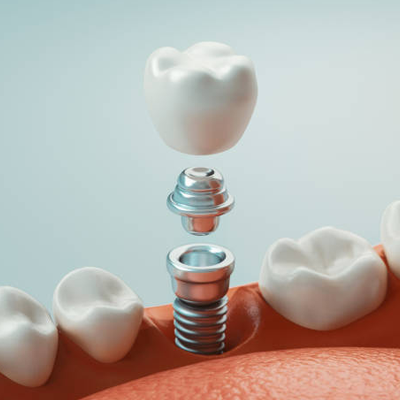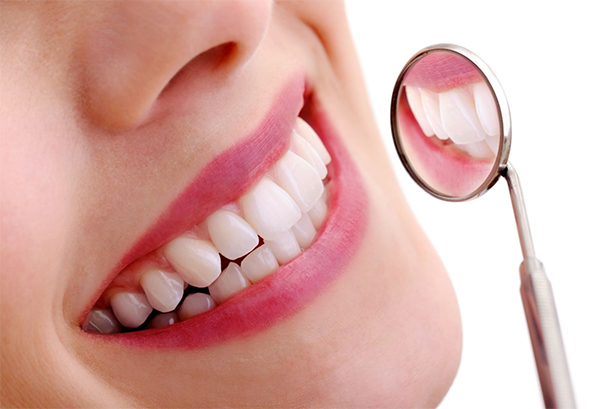
Protect Your Health: Get an Oral Cancer Screening Today
Oral cancer is a serious disease that can lead to death. When caught early, it’s highly treatable. But many people don’t realize they could have oral cancer, and only 33% of Americans have ever had an oral exam. That’s why we’re raising awareness about this common cancer and encouraging you to get screened for it today!
What is oral cancer?
Oral cancer is a disease that affects the mouth, tongue, lips, and throat. It begins when normal cells in your body begin to grow out of control. These cancer cells can spread to other parts of your body. They also may stay in one place and continue to grow (metastasize).
Oral cancers are named for where they start: lip or tongue; gums; the floor of mouth/soft palate; hard palate (roof) or cheek lining underneath another tooth
How is oral cancer detected?
Oral cancer screening is a simple and painless procedure. Dentists use different types of tests to examine the mouth, including:
- Visual inspection. The dentist looks for any lumps, sores, or growths on your lips and gums that do not look normal.
- Digital examination (also called palpation). This test uses an instrument called an explorer to feel for abnormal tissue in the mouth area; this can also help identify hard masses under the surface of your tongue or cheekbones.
- Excessive bleeding while brushing teeth may indicate gum disease–an important risk factor for developing oral cancer–so it’s important to see your dentist regularly if you notice this symptom
What are the signs of oral cancer?
- Red or white patches in the mouth.
- Sores that don’t heal.
- Tumors in the mouth, such as a lump under your tongue or on the floor of your mouth (palate), can be caused by cancer or other conditions such as benign growths called leukoplakia and lichen planus. These are more common among smokers and people with HIV/AIDS but still require medical attention if they’re not going away on their own after three months or so.
- Unusual bleeding in the mouth that doesn’t go away after several weeks, especially if it happens when you brush your teeth or floss — this may indicate oral cancer starting from a small spot deep inside your gums called gingival recession (where gum tissue has receded from tooth roots). If you notice any of these signs, schedule an appointment with us right away!
Who should get an oral cancer screening?
If you’re a smoker or former smoker, have been exposed to tobacco smoke or sun for prolonged periods of time, or have a family history of oral cancer, then it’s important to get an evaluation as soon as possible. People who have been exposed to radiation should also schedule an oral cancer screening with their dentist.
The best way to protect your oral health is to be proactive.
The best way to protect your oral health is to be proactive. If you are at risk of developing oral cancer, it’s important that you have a screening every year or two. High-risk patients include those with a family history of the disease and those who smoke tobacco products. If you have had oral cancer in the past, get screened regularly for recurrence.
If you’re not sure whether or not you need an exam or want more information on how often it should occur, talk with your dentist about scheduling an appointment for an oral cancer screening today!
Conclusion
If you’re concerned about your oral health, get in touch with us today. We can help you find out if there are any issues that need to be addressed before they become serious problems.
What is an oral cancer screening?
An oral cancer screening is a test that checks for signs of oral cancer in your mouth and throat. It’s usually painless and takes less than 10 minutes.
How often should I get screened?
The best way to know if you need screening is by talking to your dentist or doctor. They’ll let you know how often they recommend getting screened and what the best options are for your specific situation.
Is there any risk involved with oral cancer screening?
There are no risks associated with oral cancer screening, but some people may experience mild discomfort or tenderness during or after their exam if there are sores or other irritations in their mouth.








